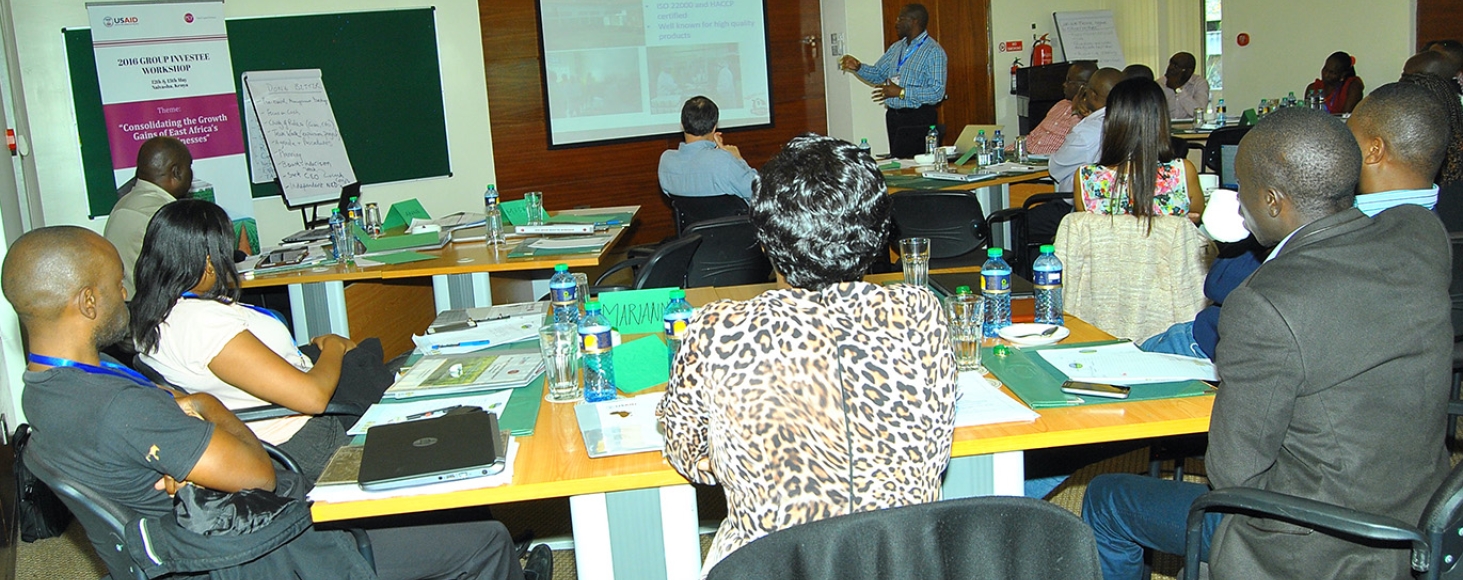
The African Agricultural Capital Fund (AACF) conducted thorough pre- and post-investment business capacity assessments that highlighted the critical need for strategic, operational, managerial, and corporate governance assistance for its portfolio companies across Kenya, Malawi, Rwanda, Tanzania, and Uganda. These companies engaged in diverse agricultural industries—including dairy processing, fresh fruit and vegetable exports, flower exports, potato processing, poultry (day-old chicks, layers, broiler grow-out, and processing), primary agriculture (coffee, macadamia nuts, oilseeds, and broadacre staple food crops)—required urgent support to enhance their business systems, improve the execution of business plans, and professionalize their operations for sustainable and profitable growth. The successful implementation of these business advisory services was made possible through a generous $1.5 million grant from the USAID/Uganda Agribusiness Development Facility.
